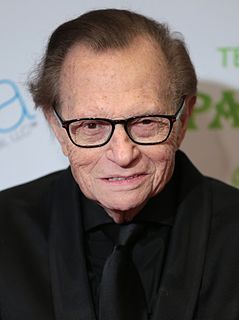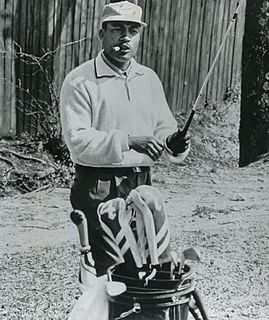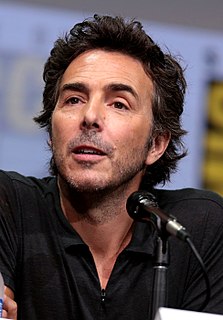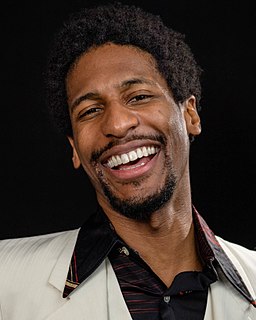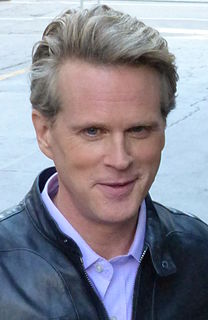A Quote by Harrison Ford
What I think is really great about this movie [42], that young people who weren't there will have a chance to have the visceral experience of what Jackie Robinson went through.
Related Quotes
I was being thrown to the wolves. Even though I did something great, nobody wanted to be a part of it. I was so isolated. I couldn't share it. For many years, even after Jackie Robinson, baseball was so segregated, really. You just didn't expect us to have a chance to do anything. Baseball was meant for the lily-white.
I knew that there was an aspect to this story that was beyond the typical and that it was something very important about America, about our culture, and about bringing a story to a new generation that perhaps didn't know the details of it, (and) hadn't had the visceral experience that this film is [42].
I always want to be doing both to travel as a teacher and lecturer, and to be a musician. I think in this generation institutionalizing the art form and spreading it to the younger generation through education is really important for all artists to have some hand in. Right now in popular culture and the mainstream, it's not a big part at all. I think education by young artists talking to young people, not just older people talking to young people, it gives an experience never felt before. I think over the years it will do a lot for the music.

